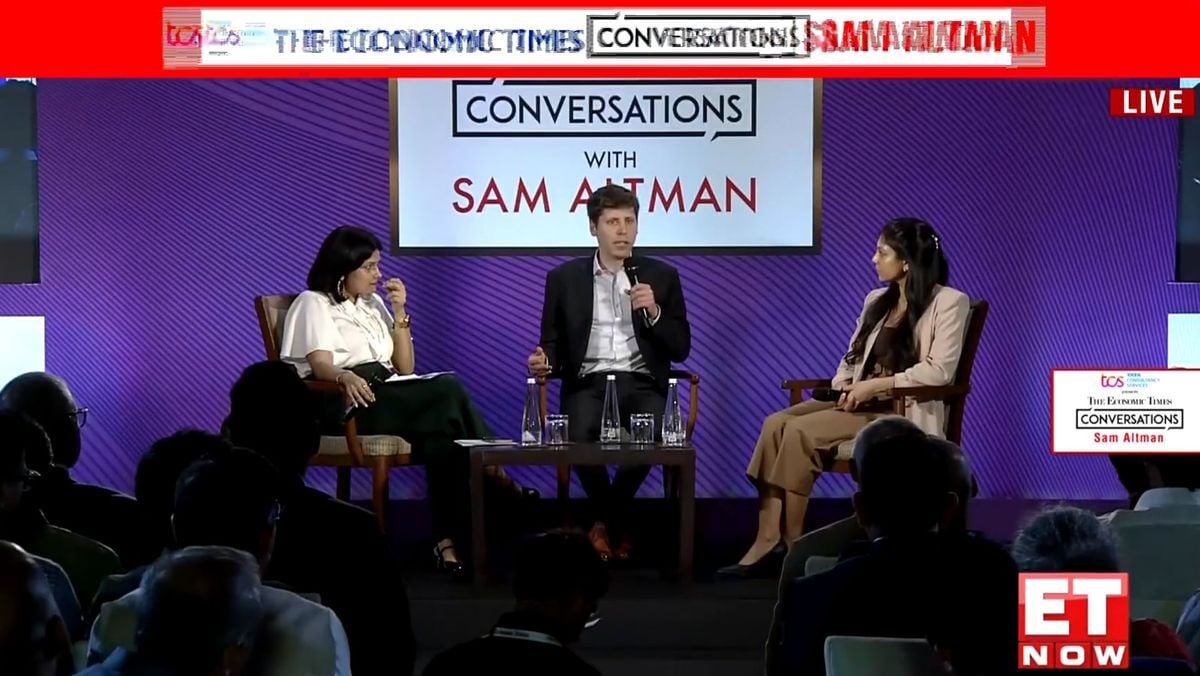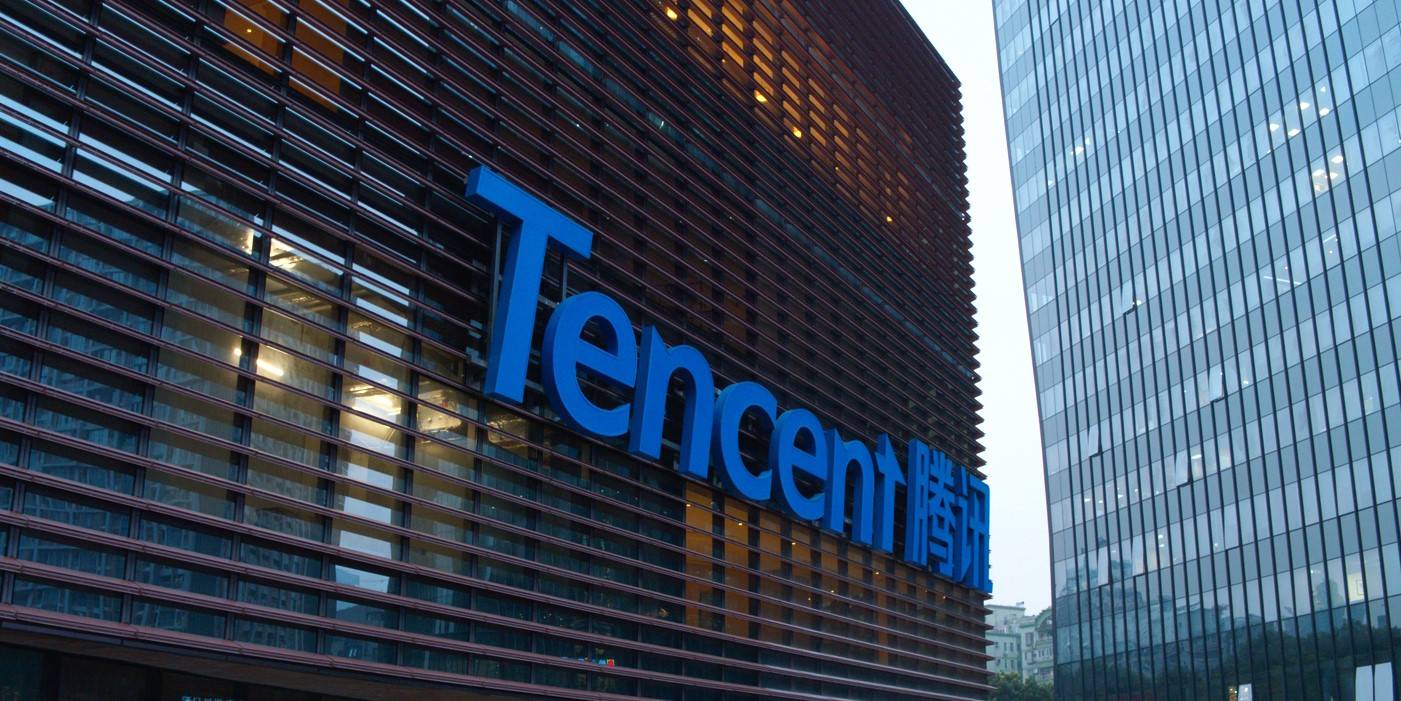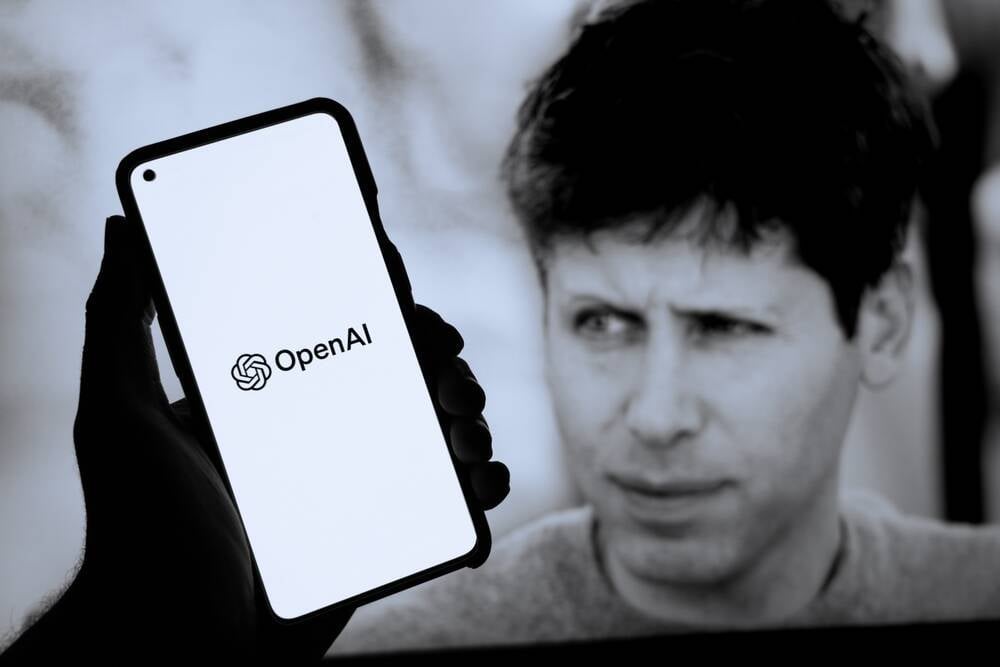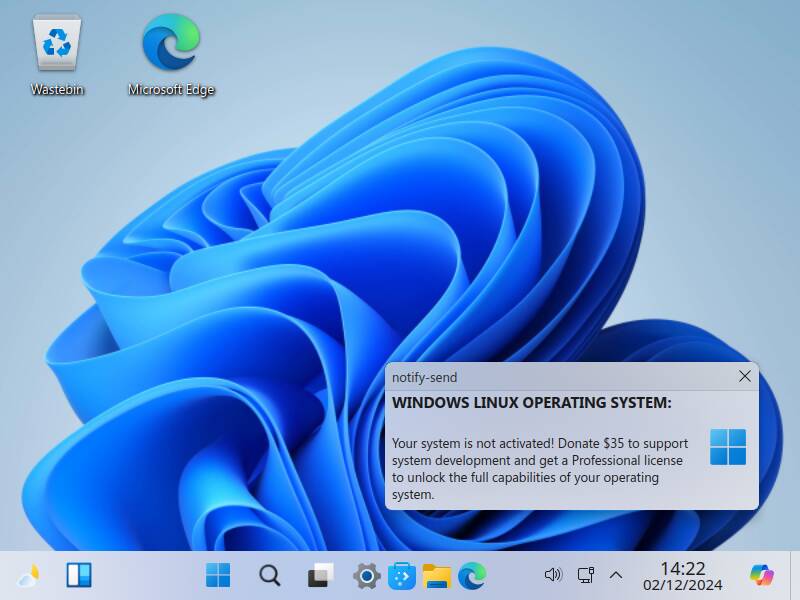

If you give the government a new power, they will abuse it, it’s just a matter of time. … because the government perpetually expands the scope of whatever powers we grant it.
I don’t believe in treating the government as a black box. If what you’re saying is true, then that’s a reflection of society. You want a government that has the capability to implement surveillance and ban social networks when the situation calls for it. In the global context, there will be such situations. And you need to have a political and social system that limits such powers when they are not needed anymore.
A specific individual or a group of individuals cannot independently collaborate to implement counter intelligence policies to identify traitors who are providing location data for missile strikes and helping kill your fellow citizens who are fighting for your safety on the front-lines. The government must have deep surveillance capabilities in such a situation.
It’s the personal responsibility of every citizen to contribute to a functioning government system. If it doesn’t function well, that’s on the individuals that make up society. Blanket bans on government surveillance or control external social media is not a viable approach in our world (not just in Ukraine).
In the US context (I’ve lived there, but I am of course more knowledgeable on Eastern Europe), I would argue that continued renewal of the Patriot act (if it even was needed initially, but one can argue after 9/11 there was a period of shock and fear for Americans) is a reflection of the failures of the US political system. Specifically the lack of competitive elections beyond two parties. This is on some level the responsibility of US citizens and not a “black box” model of government.
I understand the need for certain policy changes during wartime. When Russia started its aggressions (arguably, long before Crimea), I can understand a temporary ban on Russian propaganda, because it’s an active war. Maybe it doesn’t include fighting yet, but it does have a credible threat of devolving into that. So I support temporary restrictions while an imminent, credible threat exists or the country is currently at war.
It’s not that simple though. One could frame pre-invasion (i.e. pre Feb 2014 when they invaded Crimea) restrictions on russian social media and services as government overreach. On the other hand, one could frame it as a forward looking government initiative attempting to protect the lives of its citizens. We currently have the benefit of hindsight, so it’s easy to see which approach is correct, but that’s not the case in the moment.
As I mentioned in my OP, I don’t know much about Albanian politics. What I do know is that you don’t need an imminent threat of a physical invasion to limit the influence of much larger countries on your political environment. I do not support having local politics being subject to unaccountable (see Facebook and Rohingya genocide), callous operators; doesn’t matter if they are based in the US or China.
I am not that knowledge on China, but I do know how russia operates. Similar to what you mentioned, I think TikTok operates much closer to the VK/Odnoklassniki models used by the russians. You don’t want the CCP promoting political movements that they have bribed or see as being more beneficial to their interests. You want politics and political messaging to be accountable to the people who live in your country. I will point out that pre-invasion (2014), the russians very much used soft power from their internet services/social media/TV channels to influence politics within Ukraine. That’s unacceptable and has lead to large scale deaths, destruction and misery.
Perhaps dealing with an invasion for a decade plus made me a bit paranoid, but I do support the government being able to regulate the ability of foreign social media/services to influence local politics and spread misinformation and propaganda.
As I mentioned earlier, it’s not all black and white. There are legitimate cases (even without an imminent invasion) where you need to have a measure of control over foreign influence, be it American-style Zuckerburg enabling genocide in Mynmar or Chinese influence campaigns. I don’t see this as being supportive of a Chinese-style total censorship model.




















Again, that’s on the given members of a society. Surveillance and blocking social are not inherently (in a physical sense) good or bad. These are social tools that can be used for good (and sometimes must be used to protect the lives of your fellow citizens) or can be used for bad.
This is a bit of a hyperbolic example, but let’s say you have a CSAM-focused social network, even without an imminent danger to society it is reasonable to block such a social network if it’s hosted in another jurisdiction.
American concepts of “enemy of the state” and “imminent danger” don’t map one to one in the global context.
A country (Albania or otherwise) has the right to counteract influence for foreign nationals/entities on their political process. But that’s just one example.
There is also the FB and genocidal Myanmar and more recently FB and Ethiopia.
A media org is committed to journalism and communicating accurate information and good faith debate. These are not the priorities of Chines social networks (subject to control of the CCP) or Americans social network (subject to control of local oligarchs and criminal groups).
I think we’ve had a good discussion and it’s clear we have our own perspectives.
At this point, I am just trying to point out that there nuances to my OP and it’s not a matter of merely supporting government censorship. The world is a complex place and absolutes are not a viable approach.